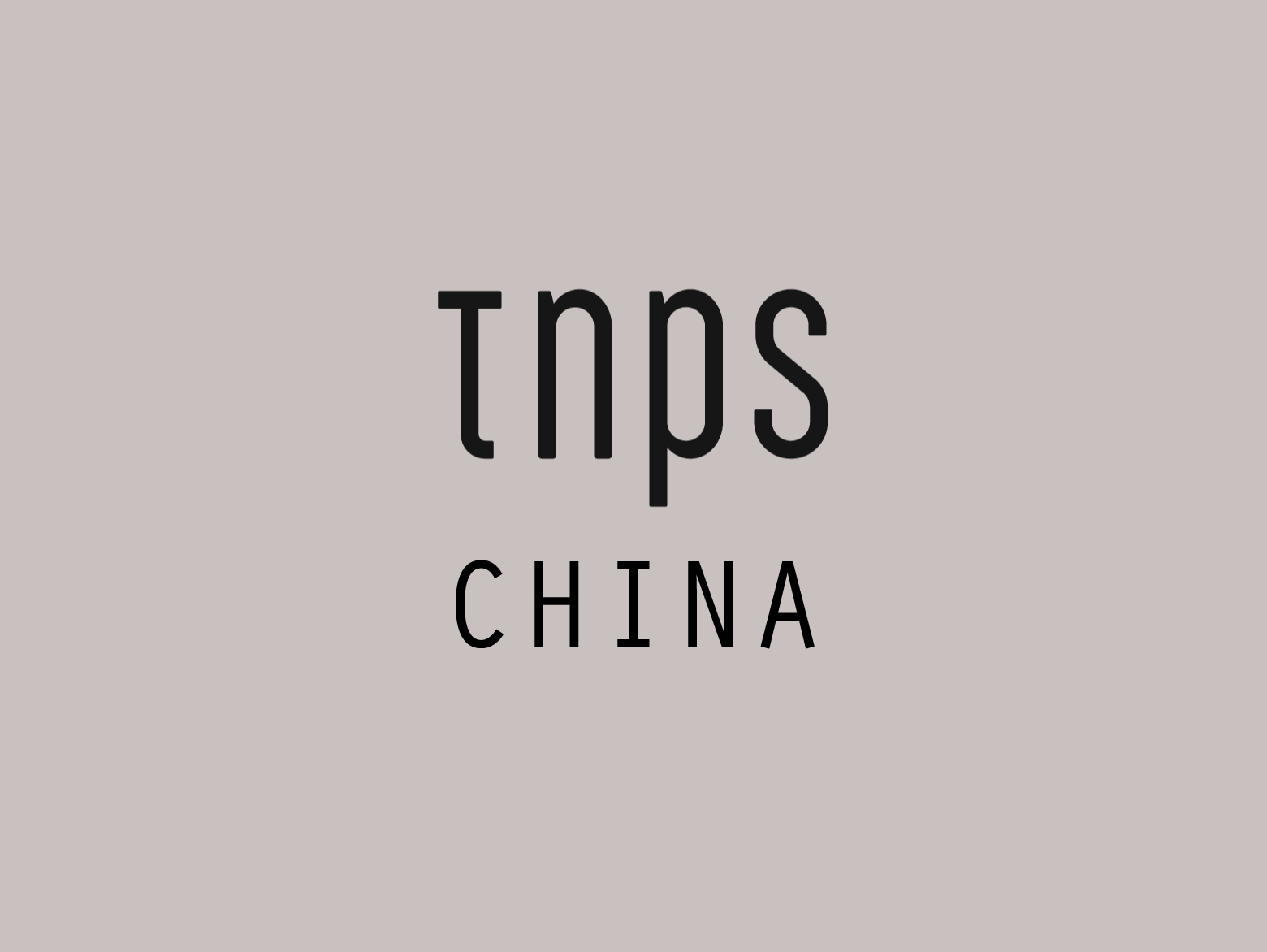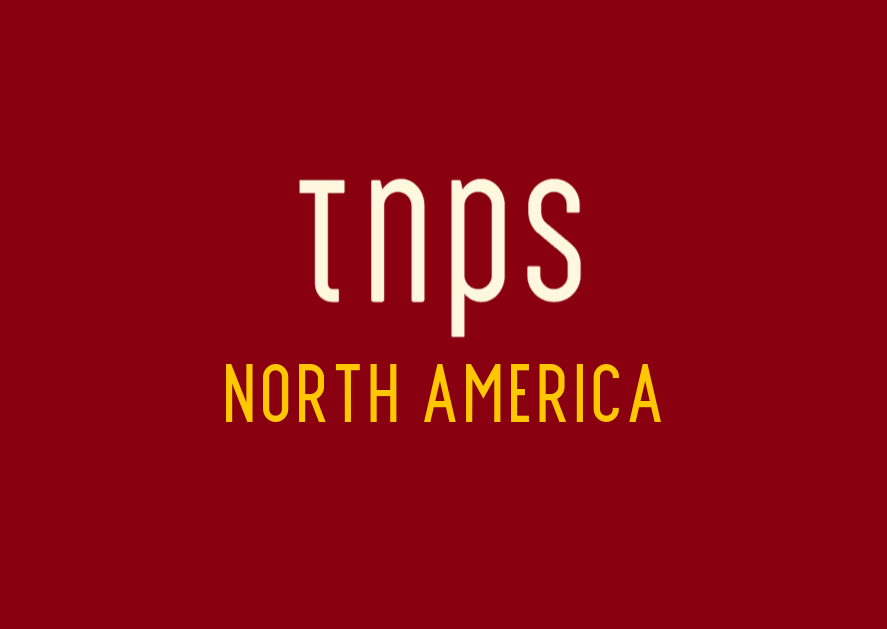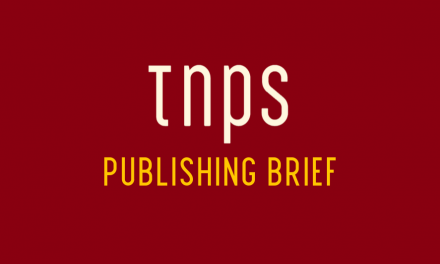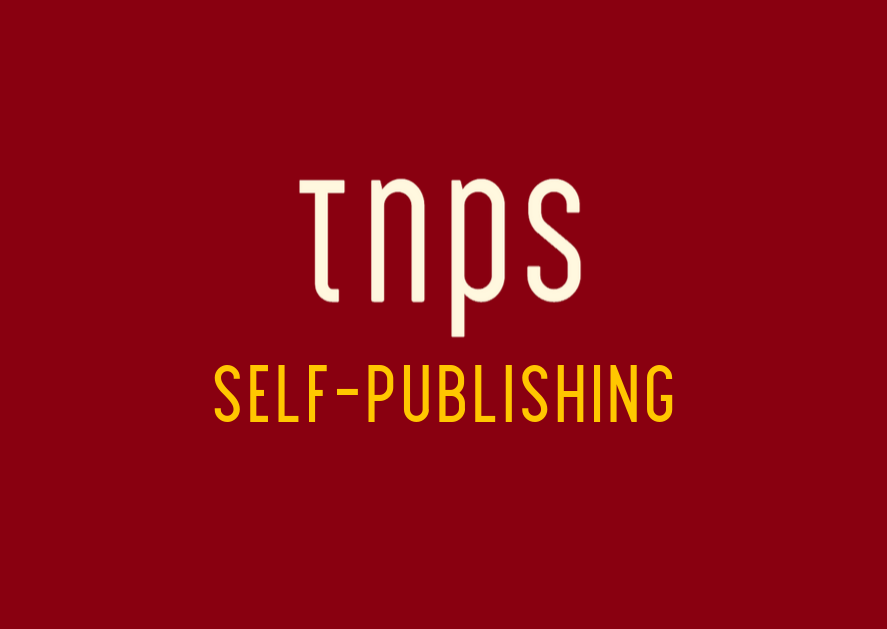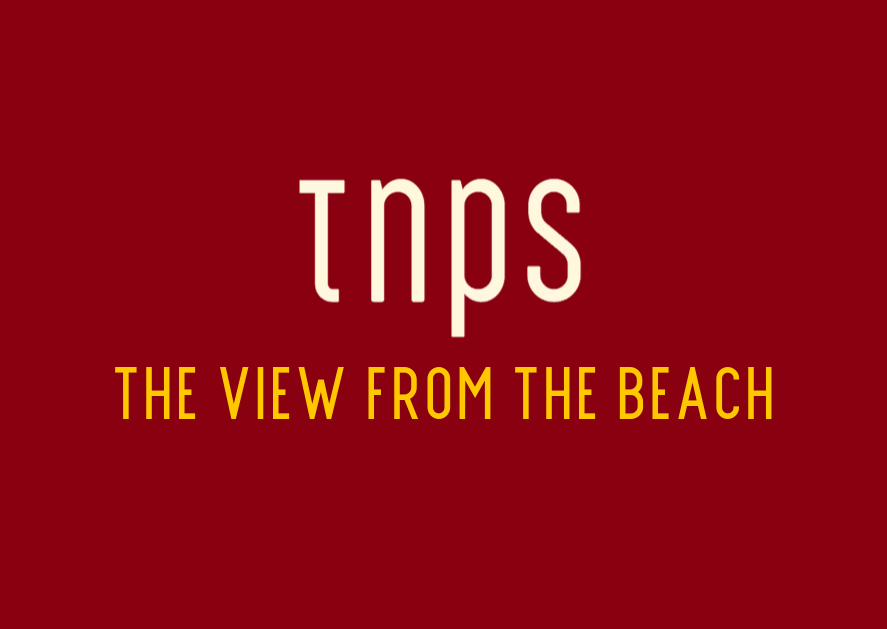Given China is by any measure the second largest book market in the world, it should come as no surprise that the Beijing International Book Fair is one of the largest and most important publishing events in the world.
To coincide with the event, Publishing Perspectives ran an insightful interview with the Beijing IBF Director, Liying Lin.
For TNPS readers who’ve been asking about the Chinese book market I offer some excerpts below from the Publishing Perspectives interview and tie in with another Porter Anderson post (with Jane Friedman): the coverage of PublishDrive’s China distribution in the latest Hot Sheet.
Thousands of publishers from 93 countries are at the Beijing event, and the reason for that is simple. China is a massive market, hungry for new content, and nowhere near saturation, despite suggestions in some quarters the market is slowing down.
Explains Lin,
Today of course, the (publishing) industry is truly global and integrated in a way that we could never have envisaged even a few years ago. More recent developments such as audiobooks, ebooks, and the increasing integration of publishing with the film, media and licensing industries means that the need for BIBF as a communal forum and marketplace has never been greater. This year we are pleased to welcome so many exhibitors from almost 100 countries and regions, and we expect the fair to be busier than ever.
Children’s books have been a massive growth area in China, and Beijing, which historically has left the children’s arena to Shanghai, this year has put children’s books centre stage.
Explains Lin,
Children’s publishing is the big growth area in China, so this year we decided to launch the Beijing International Children’s Book Fair to provide a focus for the sector. We’re also working in partnership with UBM, the leading trade fair organizers in the global licensing industry, and can now bring together publishers, IP owners, agents, consumer goods manufacturers, other licensed companies and retailers … We’re seeing books integrated with apps; audiobooks and mobile reading; and new social channels that offer opportunities for both promotion and content distribution.
China, states Publishing Perspectives, is the fifth largest licensed market in the world, so no surprise the BIBF devoted a half day to licencing. Lin explains
This is where the interest and opportunities currently lie. By helping publishers understand licensing in China, we hope to encourage cross-sector negotiations.
Digital reading is of course huge in China. Where else would an ebook company spend $2.5 billion on a film studio to maximize its content potential?
Least likely headline you’ll see this year: Ebook company buys film studio for $2.5 bn
But of course there’s far more to digital than just ebooks, as Lying Lin observes:
The integration of emerging digital technologies with traditional publishing has brought us new exhibitors keen to expand their markets. We were therefore pleased to welcome to our Digital Zone companies, which specialize in new media, artificial intelligence, big data and knowledge service as well as content production.
Our exhibitor list this year includes some of the biggest names in their sectors such as Amazon Web Services, iReader, Tencent and Baidu. By offering an international cross-industry platform, we can promote true cooperation throughout the whole industrial chain.
Of course, for smaller players, rights negotiations and selling books is what the game is all about.
Lying Lin:
We are specifically supporting rights negotiation through our association with PubMatch once again and a dedicated rights center, which is specifically available for agents. Last year, we saw more than 5,000 contracts signed at BIBF and we fully expect contracts to exceed this number this year.
But that comes with caveats. Lin talks of how entrants to the China market need to do their homework, understand the differences in the way China markets operate, and to appreciate the enormous scale, advising,
You will need to make sure that your voice is heard above the crowd.
Which brings us to the second part of this essay – how do small publishers and indie authors, without the resources of their bigger counterparts, get a slice of the China action?
Obviously a good place to start in translations into Chinese, which Lin advises is pretty easy for English, but not so much for less widely spoken languages.
We always advise exhibitors to bring their backlist catalogue to take advantage of opportunities–particularly the current popularity of classics … We fully expect those “new old” titles to be much in evidence at BIBF this year, as publishers know how much Chinese readers love discovering Western literature. Jules Verne, Charlotte Bronte, and Henry David Thoreau are among many authors now being consumed avidly by new readers keen to expand their cultural knowledge.
Couple this with the fact that some titles such as Jane Eyre are recommended by the ministry of education, plus a growing middle class, members of which have money in their pockets and ambitions for their children’s education—and you have the perfect mix for classic texts to prosper.
But the focus is, of course, on contemporary titles. We’re increasingly seeing a fast turn-around and publication of big titles in China soon after their US or European launches.
To take just one example: Steve Jobs (CITIC Press) has sold 2.8 million copies, with 670,000 copies sold in the first month alone.
But this is big-name publishers and authors, right? What chance a small press or, heaven forbid, a self-published author, in this notoriously challenging market?
The good news is, it can be done. As long ago as end 2014 I became the first western indie author to hit #1 on Kindle China with a translation of a dark British crime thriller. That was thanks to a Beijing-based translator-aggregator called Fiberead. Fiberead are still an option today, but of course it’s a crowded market now.
But wouldn’t it be great if we could send our English-language books to China and if there were enough English-speakers in China to make it worthwhile.
Well, it is and there are. Traditionally published English-language books have been flowing into China for a few years now, and are doing brisk trade, if not profit yet (see below). Of course, quality translations will do better, but be in no doubt about the appeal of English language books in foreign lands, and especially in China.
As a language aside here, in Taiwan, Chinese-speaking but not part of China, Big Bad Wolf took 2 million English-language books to Taipei and has seen no shortage of interest.
Books by the buggy-load. Images from Big Bad Wolf Taiwan’s 2m English-language book sale
It’s worth asking, if Big Bad Wolf can muster interest in 2 million English-language books in Taiwan, population 36 million, what it might do in China itself.with 1.4 billion people.
But back to topic.
For western indie authors looking to access China there are fewer realistic options available. The Kindle China store, for example, has plenty of English-language ebooks, but none from self-publishers, as KDP does not support titles for China.
Among the Big Four indie-friendly western aggregators neither Smashwords nor Draft2Digital offer China access, but PublishDrive and StreetLib do.
At which point, full disclosure: The New Publishing Standard is published by Antonio Tombolini Editore, part of the StreetLib universe.
Both StreetLib and PublishDrive supply ebooks to Chinese digital libraries through CNPIEC, and while StreetLib is still developing its China plans, PublishDrive recently announced ebook distribution to a major Chinese ebook retailer, Dangdang.
In the latest Hot Sheet, Porter Anderson and Jane Friedman took a look at the PublishDrive initiative and asked the question,
Can Indie Authors Really Get Books into China?
The Hot Sheet takes a cautious approach.
While PublishDrive has an arrangement to make self-published ebooks available to China’s online retailer Dangdang, it may be too early to plan that Beijing book launch … Sales may be hard to come by if you have no way to surface your book in that market (particularly without translation).
Anderson and Friedman spoke to PublishDrive CEO Kinga Jentetics to see what PublishDrive is offering. Noting that in the library sector self-help, social sciences, and other nonfiction titles were in favour, Jentetics predicts that for Dangdang children’s fiction will do well.
That’s a prediction I would have cautioned against, as younger readers are likely to be least able to read English, but I would say that children’s books written with ESL learners in mind should do very well.
Jentetics advises that PublishDrive found that creating thematic collections of books for libraries was a useful approach, and one that may work for Dangdang too.
The Hot Sheet notes that,
Books moving from PublishDrive to Dangdang’s site are displayed in the language in which they were originally produced. So far, most of the books PublishDrive has sold in China are in English.
PublishDrive isn’t sharing numbers, but safe to say volume is comparatively small because promoting English-language titles within China is a Herculean task.
So is it worth the effort?
Anderson and Friedman say they
understand the attraction of reaching this large market, (but advise that) state censor approvals can slow things down enormously, (and further) that Dangdang is primarily moving print books, rather than ebooks—about 2 percent of its book sales are estimated to be digital, and less than .01 percent are foreign titles.
At the same time the Hot Sheet duo remind us that,
China is well ahead of the West in what’s termed online literature—the long-running serials self-published on platforms akin to Wattpad and Radish. Online literature is often quite lucrative and followed by millions of consumers … China’s online literature business had “grown to ¥12.8 billion (US$1.96 billion) in 2017, up 32.1 percent from the previous year. The growth is expected to reach ¥18.2 billion (US$2.79 billion) by 2019.”
The Hot Sheet’s bottom line:
Major Western publishers, our distribution sources say, have found that exporting ebooks into the Chinese market isn’t, as yet, proving profitable. Most are going into the country in print and through rights sales (i.e., Chinese-language editions produced by Chinese publishers). There are Western successes there … But breaking in without the marketing engine (and translation) of a Chinese publisher remains a long shot and looks to be many times harder for ebooks.
Nothing to disagree with there, but I would say that, first, new ventures tend not to be profitable for a while, so we shouldn’t read too much into that just yet. Traditional publishers will be paying upfront for their distribution, whereas the PublishDrive and StreetLib models are no upfront fees, which means indie authors will hit token profitability with a single sale.
More importantly, while self-publishers have easy access to China through PublishDrive and StreetLib – if a title is already listed with the aggregators it’s as simple as ticking the box to expand distribution – it would be foolish not to at least be there, which after all is half the battle.
Those sales soon add up. Back in 2014 when I had success in China the market was tiny, and the unit royalties tinier still. But in a market of this size that can still be very lucrative. And four years on I’m still bringing in revenue from China for those books.
But most importantly, being there increases our chances of being approached by a publisher in China that might want to translate our works and give them the exposure that, from outside the country, we can’t match.
There’s no question print is still king in China, but with 800 million internet users we’re talking a potential digital market 2.5 times the size of the USA for our ebooks.
Authors and publishers would be crazy not to be working every option available..

